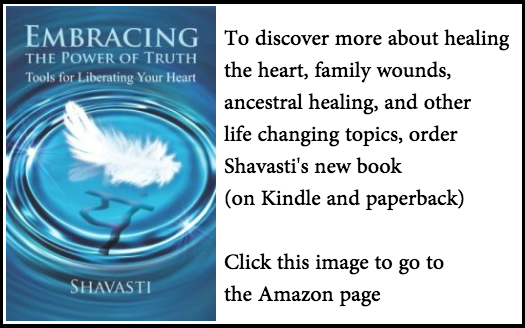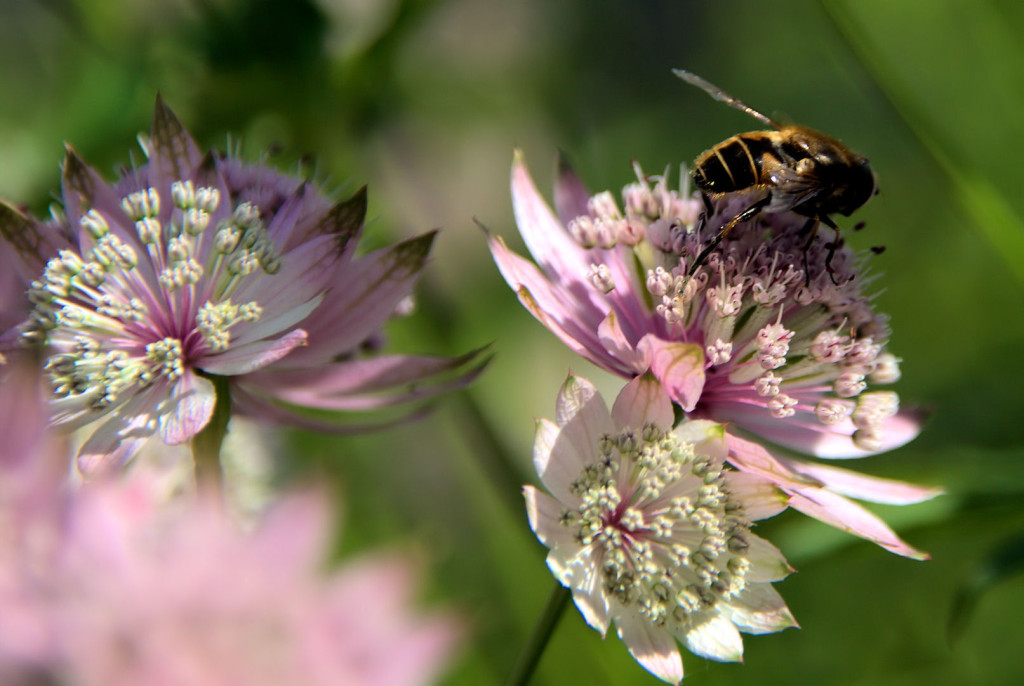The Pain of Being the Special Child
Immersed in a culture in which individualism is generally encouraged and creativity is allowed to flourish despite some societal constraints, the desire to make our mark in the world and be noticed in an ocean of individualistic self-expression, the notion of being ‘special’ can be quite attractive, even if its shadow aspect can be narcissism of the worst kind.
However, being forced into the role of the ‘special’ child is a role that can lead to pain, suffering, isolation, self-hatred, feelings of worthlessness and deep loneliness. So how do we end up as the ‘special’ child?
It is quite easy to imagine how a child can end up being placed in the role of the ‘special one’ In a single parent home, however, many are forced into this role within a traditional family of two parents. These are some of the factors that can influence this development.
– As a child you were raised in a family in which you were aware of the unhappiness, depression or grief of one or both parents. As a result you developed a sunny disposition in an attempt to make the parent happy
– As a child you became aware that one of your parents was unhappily married and you started to compensate for their unhappiness through being ‘perfect’ in many ways
– As a child you were brought into confidence with a parent, sharing and holding secrets and being given a special role amongst your siblings.
– You became aware that one or both of your parents are disappointed in life and take it upon yourself to fulfil their dreams, or have it placed upon you.
– You have been complimented many times for your physical appearance by one or both parents – even idolised as the ‘perfect’ partner – fulfilling a parent’s ideals and images of how the perfect partner may be.
– You may have special talents such as music, art, mathematics, science, design etc. thereby becoming the object and focus of all success and the sole or main source of family pride.
– Your ‘perfect’ status may have lead one or both parents to never challenge or discipline you.
When we are brought into the role of the ‘special child’, descent into hidden feelings of depression, loneliness and feelings of worthlessness are inevitable. As a child we are not equipped to meet the emotional or intellectual needs of parent and therefore we fail in this task each and every days until the feelings of failure overwhelm us. Additionally, when the child exists to fulfill the needs of the parent, then the child, in other words you, are never seen for who you are, but rather we come objectified for what we bring to the family. In short, we’ve never been seen and our needs have never been met. With this scenario it means that a childhood has been sacrificed to meet the needs of a parent.
Not only can crippling low self-esteem be an invisible heavy weight for the ‘special’ child, destructive narcissism can arise as ‘perfection’ is demanded of the self and especially if the ‘special’ child has never been challenged. The special child is seen as the one who brings the light to the family, the one who will save the family from poverty, shame, dishonour, loneliness and failure. Such children are often not challenged and can live in an illusory world in which their behaviour is never questioned or rarely commented upon. All of this adds up to dysfunction in relationships later in life and the onset of destructive narcissism.
Healing the wound of ‘specialness’
You may have been reading this article thinking ‘OMG, this is me!’ So what now? The first step is recognition and the second step is to realise that there is absolutely nothing wrong with you – you’re NOT a bad person. An unhealthy relationship was set up with you long before you had awareness of it and now you’re living with the consequences.
What this requires is the courage to face two things: the self-hatred or worthlessness, and the rage of the child who was sacrificed to fulfill another’s life.
When a parent lives life through a child, then we are in grave danger of living life as if everything revolves around us. With this realization we may start to see ourselves as selfish and narcissistic. Whilst observing some behaviour this may be true, it does not define who you are. Selfishness is not innate, it is created. Narcissism is not innate, it is created and anything that is created can crumble or be transformed into a more useful form.
The heart longs for contact and once we start the process of discovering who we really are as separate from the images, dreams and wishes imposed upon us, then we also begin to uncover the truth of our own heart. As that emerges, specialness begins to fade and narcissism evaporates.
This is truly a journey for the brave for it is very tempting to hold onto our specialness. There is a payoff to the specialness, even if it ultimately leads to feelings of isolation and loneliness. If we are the special child we can feel better than the ‘bad’ or ‘disappointing’ parent and this generally means that we can avoid looking at ourselves. Being ‘special’, whilst demanding, can also give us a sense of safety in a generally harsh and competitive world. Additionally, being special is as ‘aspartame’ is to ‘honey’. One is real and nurturing, the other is artificial and ultimately very toxic. Although being ‘special is not ‘love’ – it tastes something like it and it either feeds our developing narcissistic nature or appears to be the only love available. If we’ve never experienced honey then we’ll hold onto the sweetness of aspartame for fear of starvation – even though it is void of any nutritional value and is ultimately toxic.
When we start to meet what is really present under all of the ‘special’ layers – then we’re ready to transform a painful pattern as we discover more of the truth of who we are – our real authentic selves…..now THAT, is special!
Do you wish to discover more? Work with Shavasti on Skype or in person
Skype Sessions HERE
Exclusive Services HERE
Life Coaching HERE


